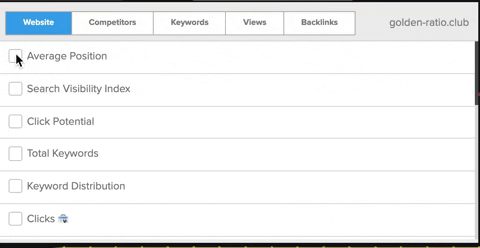Dynamic CSS in Ember templates
Recently I was challenged with a task to dynamically colorize checkboxes when they are selected. The colors are generated on-the-fly when the select action is triggered:

Finished functionality. It’s a selector for chart series.
Since we generate colors dynamically and thus can’t make predefined CSS classes that determine the checkbox’s color, I thought it should be enough to simply inline the color style, like so:
Random color is set to the the series.color property on checkbox change event.
Due to the way these custom checkboxes are implemented, I learned this is not going to work. The place to define checkbox’s background color is actually in the label’s ::before pseudo selector:

Lesson 1: CSS is not designed to accept pseudo-element styles in the style attribute.
What can we do?
The only solution that came to my mind is to generate CSS classes dynamically. I naively wrote this piece of code in the template, and for some reason, I didn’t expect it to work:
But it did. I was amazed by how Ember’s templating engine digests this without problems, and dynamically adds the necessary CSS declarations to the style tag when the chartSeries array changes:

Lesson 2: When you need a dirty workaround, Ember’s templating engine can reactively spit out practically any markup a browser can understand.
Just be careful not to ruin your site’s performance.
In our case, every time the chartSeries array changes, the browser needs to recalculate style, which could lead to page clunkiness if we had a lot of elements and a lot of updates in a short amount of time.
